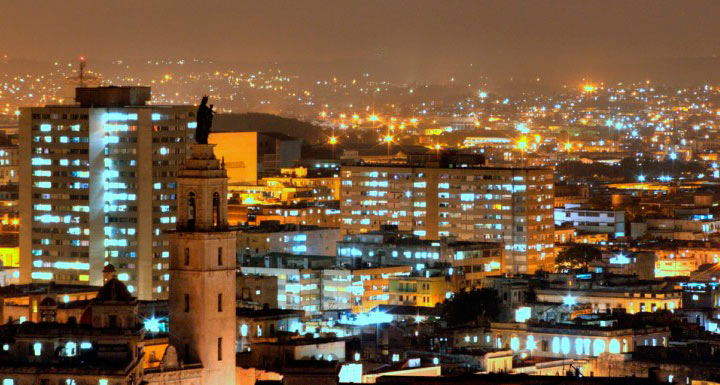
A commercial Havana
The presence in Havana of Brazilian Roberto Azevêdo, director general of the World Trade Organization (WTO) and his comments about the outlook for Cuba’s insertion into world trade are a success.
“Each country must find its own recipe to be part of the world trade system,” he opined. It’s like saying that, to make chicken with rice, you need chicken.
For 50 years, Cuba has not participated with normalcy, equality and equity in world trade, not because it doesn’t know the recipes to do so but because it is prevented by the U.S. blockade, a fact that is incompatible with the objectives of the organization that Azevêdo presides.
Founded in 1995, the WTO is the result of the development of the General Agreement on Tariffs and Trade (GATT), created in 1947 by initiative of the United States and negotiated in Havana.
The need for a global accord on the fluctuations of world trade, tariff rules and commercial preferences is the product of a combination of the needs of the U.S. and Britain, whose participation in world trade and finances grew exponentially during World War II and beyond.
The GATT was part of the system of institutions born at the same time as the United Nations Organization, the start of the international rules agreed upon by the Three Big Powers — the U.S., the Soviet Union and Britain — which became four when joined by China and later five (the Big Five) when France came aboard.
At that time, the Cold War began. In January 1947, Havana was the site of the United Nations’ Conference on Trade and Employment, after which a final accord (the Havana Charter) was signed by 23 countries in 1948.
In a lamentable paradox, what was agreed upon in Havana almost 50 years ago and served as the regulatory framework of world trade and the basis for the WTO was a kind of “code of conduct” and compensations capable of balancing international treaties, ensuring freedom of trade, achieving the reduction of tariffs, preventing “dumping” and preventing injustice.
The agreement introduced the “Most Favored Nation” clause.
Obviously, the imposition of the U.S. blockade against Cuba and its duration for more than half a century fully contradict the spirit and letter of those intentions. The GATT, which contributed powerfully to world trade’s growth with equity, was good for the entire world — except for the country in which it was created.
Something similar happens with the World Trade Organization, of which Cuba is also a founding member. Oddly enough, the WTO functions under the principle of “total inclusion,” whereby all its accords are binding, so the member nations cannot accept some and ignore others.
Brazenly, the United States rejects that rule. That circumstance and others explain its repeated criticism of the WTO’s performance, even though the WTO is an indispensable tool in this global world.
It is likely that the presence in Havana of Brazil’s Roberto Azevêdo — a skilled career diplomat, economist and director general of the WTO — is another sign that things are changing for the better. Let’s hope so.

